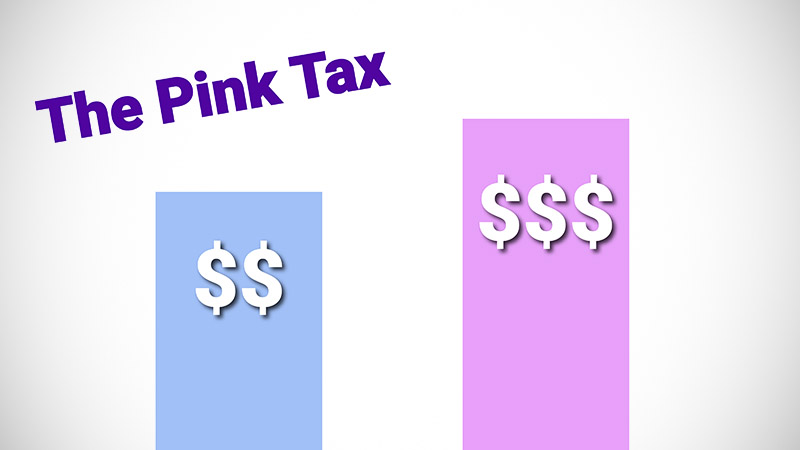
SSB 5171, introduced in the 2023 session, is substantially similar to the CA “Pink Tax” Law passed in Sept 2022. The law prohibits businesses (any businesses, including but not limited to retailers, suppliers, manufacturers, and distributors) from charging higher prices for substantially similar products based on gender. The bill passed out of the Senate but did not move out of the House Consumer Protection & Business Committee.
Senator Dhingra, the bill’s prime sponsor, requested the Washington State Board of Health to conduct a Health Impact Review, an objective, non-partisan, evidence-based tool about how proposed legislation may impact health and health equity. WR and many stakeholders were informants to the writing of this full review released just last week.
Several key findings in the review could call into question whether gender-based pricing discrimination on consumer products is a prevalent systemic issue and whether the lack of consumer education provision and funding may result in inequitable outcomes, especially for communities with limited access or understanding of consumer protection rights. For example, New York has received only three complaints since their law’s passage in 2020, and none in California since its passage in 2022.
In implementing New York’s Gender Price Equity Law, their Attorney General provides guidance for consumers to send complaints to the Department of Consumer Protection even though the statute does not include explicit language about a process equivalent to the “right to cure.”
Besides, the bill’s “substantially similar products” term is vague. Legal informants expected “judicial discretion to create varying legal interpretation” in court proceedings, which may deliver inequitable outcomes in different areas.
Based on the key findings mentioned above, WR recommends amending the bill to emphasize educating consumers about their right to file complaints with the AGO to pursue the “right to cure” similar to the guidance issued by NY AGO, and to eliminate the civil litigation route because there is no evidence to support systemic gender-pricing discrimination on products.
Measured approaches that focus on consumer education and their easy access to the “right to cure” without prolonged civil litigation will create a higher probability of achieving the intended equitable outcome of SSB 5171.

